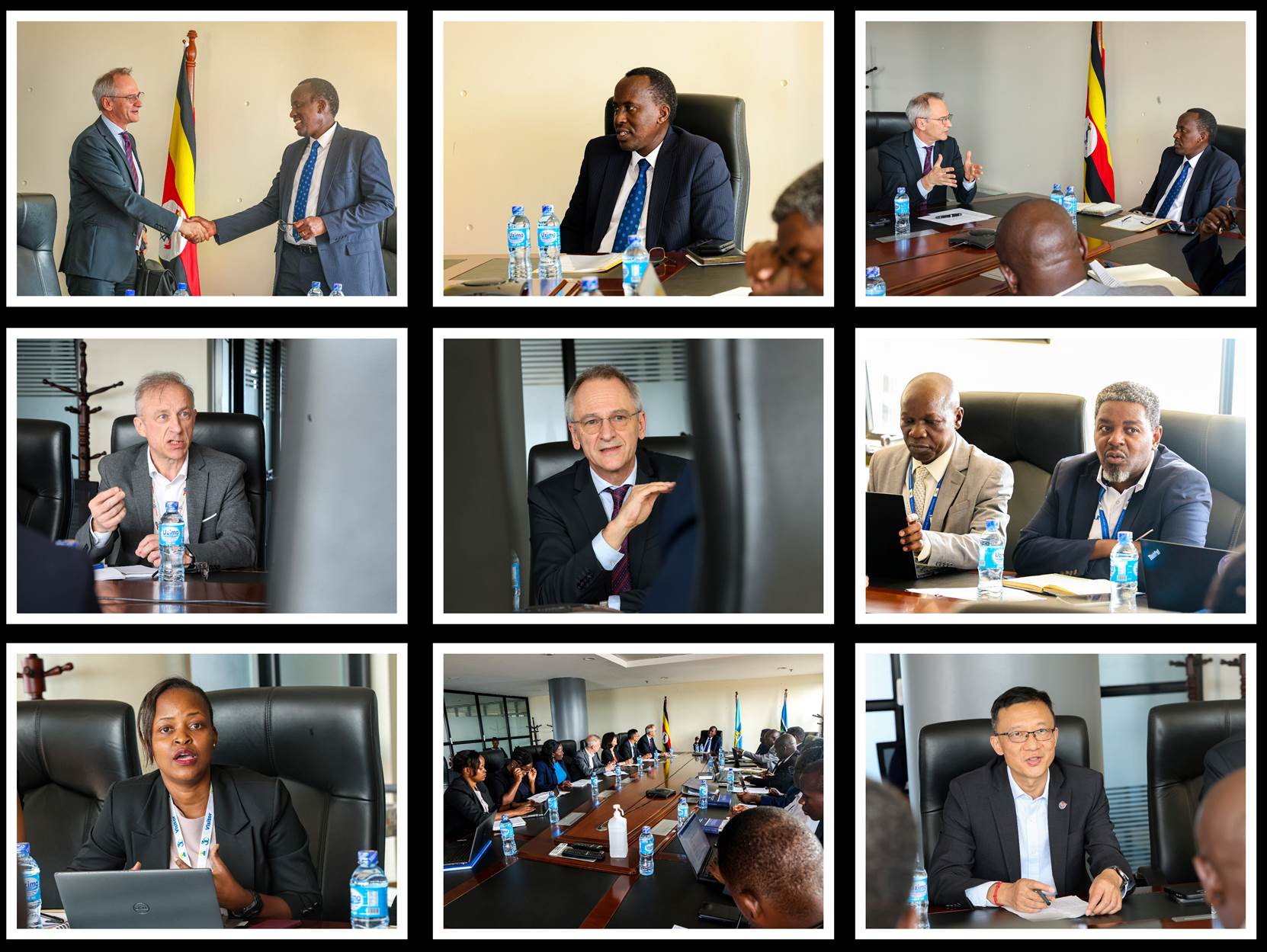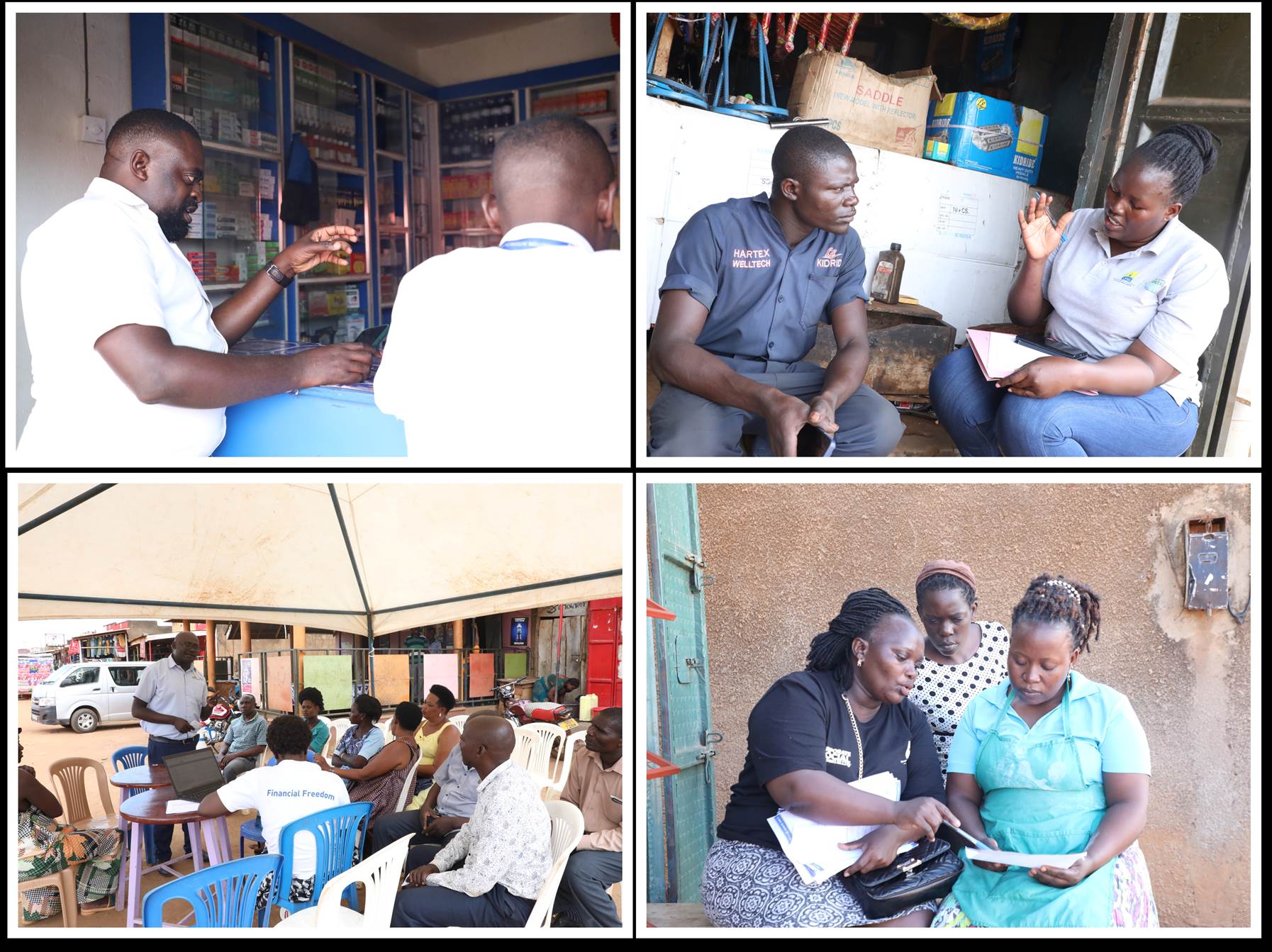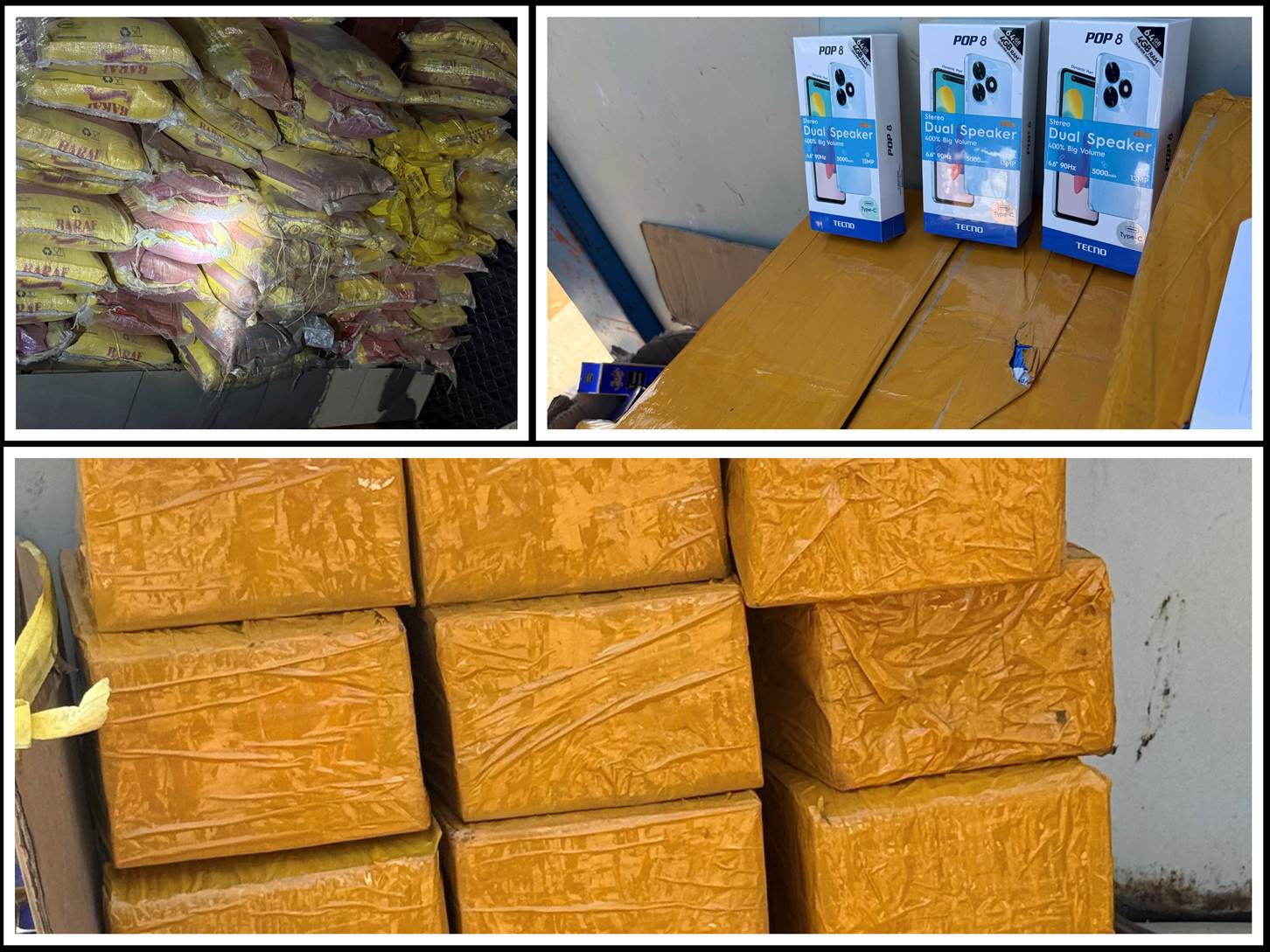By Irene Kabakama
URA has engaged with clearing agents and declarants about the upcoming export fiscalisation process. This training is focusing on the Electronic Fiscal Receipting and Invoicing System (EFRIS) and its role in export fiscalisation. This training, held today at Nakawa headquarters, follows the automation process that links EFRIS export invoices with ASYCUDA, aimed at improving services for taxpayers and enhance revenue collection efforts.
The training is addressing communication gaps regarding exports and domestic taxes, particularly the challenges of establishing taxpayers’ turnover and gathering feedback on how to improve URA’s processes.
The automation will affect exports from Uganda to non-East African Community (EAC) countries, including South Sudan and the Democratic Republic of Congo. It will encompass direct exports, temporary exports, and re-exports.
Benard Kasoma, the Acting Manager of DTS and EFRIS, emphasized that the purpose of this training is to discuss the new initiative surrounding export fiscalization.
“URA values stakeholder engagement and education regarding its initiatives before implementing new systems,” noted Kasoma adding, “Customs clearing agents are key stakeholders in this process, and this training provides them with an opportunity to better inform their clients.”
Kasoma noted that URA has already engaged with DT tax agents and continues to collaborate with manufacturers and the leadership of the Uganda Manufacturers Association (UMA) to prepare for the system’s rollout.
Henry Kwaligonza said that customs operations are closely related to the roles of agents and taxpayers, making this initiative particularly relevant for those involved in customs business.
URA is committed to transforming business operations by prioritizing digitalization and automation. Export fiscalization is a key initiative aimed at bridging the data exchange gap between customs and domestic taxes, especially concerning refunds.
“Manufacturers are entitled to these refunds, and streamlining the process will facilitate efficient communication and ease of business operations,” added Kasoma.
Ultimately, this initiative will also promote better record-keeping for exporters, because EFRIS invoices are used to support VAT claims. This will reduce the turnaround time for submitting claims since the information will be readily available, ensuring compliance with both domestic tax and customs regulations.










